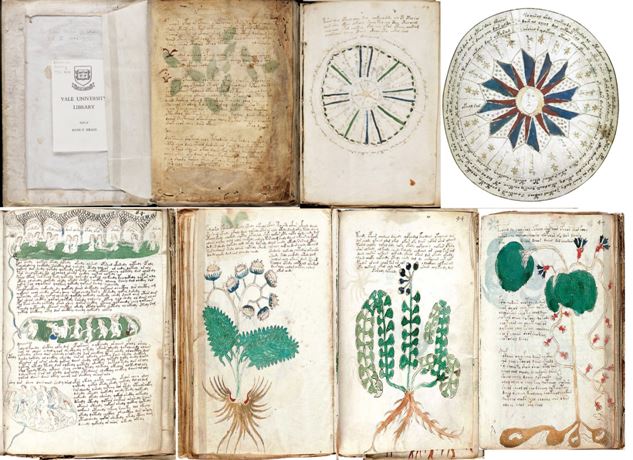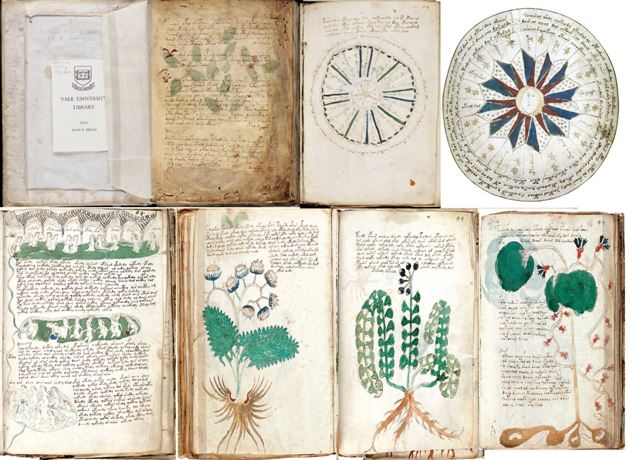Clots in “The veins…”
Although I have come to say that there is always something hidden in books, be it good, average, bad or very bad, I agree with the idea that useless books are also used for something else: seeing their covers from time to time, discovering a detail typeface or highlight the date of purchase, theft or health sleight of hand.
I have chosen The Open Veins of Latin America, whose author, Eduardo Galeano, has considered as one of the most useless that have been written (despite the fact that he took great advantage of it), because he did it looking at his navel without data that could corroborate what he wrote. And he describes it as such because it is outdated after using it as an ideological lever.
I use it to wedge doors and support lame chairs.
We went to the universities with him. One or another page passed through our eyes, and we even pondered it in conversations between beer drinks.
Puntillazo: its author said that its uselessness was prevailing, so much so that he made jokes at a book festival in Brazil where they were celebrating it. He left the lovers of his pages sightless.
I add that the veins and arteries of Latin America have been clogged with a clot of false celebrity, capable of a heart attack in anyone who tries to exercise despite all the circulating cholesterol.
Alberto Hernandez
Sentence
Some reader may feel convinced of the great and wide power that their free will has in regard to the exercise of reading and judging a book. Perhaps it fills him with pride to think of himself that he is a being especially gifted in distinguishing from books because of his cultivated reason, his solid experience, and his good taste. According to his criteria, interests and needs, he will hierarchically classify the books that have entered his field of experience as a reader. In his particular taxonomy, he will allocate some to the line of interesting books and others to boring ones, some to headlines and others to occasional ones and, why not?, he will classify a few according to utilitarian criteria. Although debatable, it is understandable that this reader reserves the non-honorific adjective useless for one book or another. But, in the end, it is his life and it is his world. Better leave him alone.
Now, it will be convenient to observe with pity and perhaps with shame whoever urbi et orbi already, in the guise of supreme judge, he dares to declare this or that book useless. We have to look at it with pity, because it confuses his scene with the world, and with shame, because of the dishonor it brings to the noble genre of readers.
Juan Jose Rosales Sanchez
Sentence
The minute hand pushed me towards the flea market when I saw the list of gifts without a cross; Christmas was about to come. A string of snowy jingle bells hammered the space and the smell of crowded people overshadowed that of gingerbread cookies. He wanted to advance through the bululú, but some plum moccasins prevented me. Do you like to read? asked the voice that wore them. He was a man who looked like a cherub on a yacht. Yes, I replied right away. Then you will be interested in my books. You know that we writers have to live and… I’ll take this one, I interrupted him from the rush and the difficulty to say no. I picked one at random. Great, I’ll sign it. I didn’t refuse either.
I left without gifts, with a book that will remain with me like a sentence, because I cannot conceive of getting rid of an underlining, a dedication or signature, any trace that categorically commits me to keeping the marked object, no matter what happens.
The book is printed in Arial and is hyphenated by lines of dialogue. It wanders through my library unread; seeing it, I imagine snowy jingle bells. From the dedication I only understand a “Dear X.” and the date, December 2019. Since then, every winter I raffle the cherub position with an almost feline agility to avoid another dedication that has no turning back.
Ximena Sequera Fernandez
question of angles
Useless books could well be inversely proportional to the years of life: while the latter increase, the former should slowly disappear. It is a question of space, also of time and, above all, of authentic sincerity. So the question could be summed up as this: usefulness versus uselessness. That is the dilemma that everyone must clarify. After elucidating this, the fundamental thing is that libraries only shelter those books that ignite flames, that accelerate heartbeats that make us remember that we are alive. If not, what for?
The question could well be about opportunities as well. One day, a recipe book that we thought we could discard becomes the focus of a magical dinner; a catalog on the birds of Madagascar becomes an occasion to share with nephews; that tourist guide that someone left forgotten in your house transmutes into a reminder to schedule your own trip. And so the question opens space to other angles. Thus, the degree of uselessness decreases, again, inversely proportional to the intensity of the flame that should never go out.
Andreina Guenni Bravo
closed loin
From my mother I inherited an inexplicable fondness for junk. Warehouses that smell of rubber and cancer fascinate me as if they housed my last wish. My curiosity about trash has found expression in public space. For example, I was able to learn of the existence of the feminist rebel Franziska von Reventlow through a small pink volume thrown on the parapet of the church of Santa Maria de los Angeles and the Martyrdoms, in Rome. Thus, I also found, in a roundabout in Santa Fe, New Mexico, a book that overwhelms any other with its pretensions of theme and synthesis: A general theory of love, by Fari Amini, Richard Lannon and Thomas Lewis. Immediately arousing interest, the rakish Von Reventlow went alkaline twelve years later with the second find, two hundred and seventy-four crucial pages that she still keeps intact in her post and her category. I am sure that love can inspire theories founded on empirical evidence. Although, to translate into experience, love works between suspicions, vibrations and intangibles. As long as the mystery continues to be the bellows, let’s continue mocking fear from a distance, proof that, even in error, we are alive. And that, from its shelf, the theory protects us and favors us.
Leopoldo Tablante
Capital useless
It is true that a personal library often becomes a sacred place. Space to redeem your own life. Limit of total earnings. As a reader I am in it, in my library, more than a king, an absolutely free man. But it is also, like everything that happens, a place where nonsense is present. There was little perplexity at the negative result of the recent examination: a useless book on the shelves. There occupying the space in its three volumes is Capital, of Karl Marx.
My memory fails me, but in volume I there is my signature and the date: 2010. After twelve years I realize that I barely read the first two volumes, I studied the first “well” and never opened the third. It is a 1973 edition of Editorial Cartago. On the cover, the bearded Marx is now staring at me, disappointed. I look at it the same way. Only the memory of his difficult writing remains, sometimes unintelligible, and the noise of the valuable lie. I do not understand why it is still there, taking up valuable space with its more than two thousand pages. I want to believe that it is a Borgesian manifestation, that of the enigma of the circular ruins and his inability to remain in the unfathomable sleep.
Alirio Fernandez Rodriguez
The most useless book?
we fall into the temptation of thinking that the books we don’t read are useless. However, like a good part of our memory —which is denied discernment—, the written word can enjoy an invisible life. Like prayer, whose sequel goes beyond the sensation it produces, books go beyond their allusion in us, since they can manifest themselves without their consequences being, let’s say, noticed. Like the dark perception of the first sea or the nebulous sensation of some biblical scene that occupies us without us seeing it.
We corroborate what has been said every time we approach a large library, even if we know in advance that we will read a minimum fraction of it. The effect that a pile of dusty books has on our spirit is similar to that produced by the vision of an ancient elephant that spends the night in the doors of a temple. With the presence of the ancestral animal, the sleeping child that we are is summoned to a celebration, to a dynamic that we know but that outside of sleep and far from childhood seems alien to us. The experience of this game perhaps brings us closer to another knowledge, to numinous knowledge.
Carmen Eleanor Ferro


















